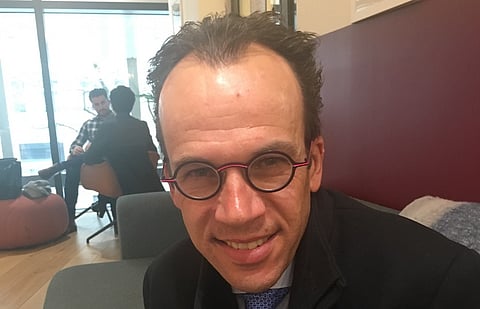It’s Ramaphoria vs Leninist ANC – Dr Martyn Davies waves some sceptical flags
This is the Rational Perspective. I'm Alec Hogg. Well, whenever the opportunity arises I try to get together with Dr Martyn Davies. He's a man who possesses one of the finest minds I've ever been exposed to and it's become a lot more difficult to see him nowadays. We live in different cities and since joining Deloitte, after he sold his Frontier Advisory, Martyn spends a lot of his time travelling. Last year he did over 5-dozen presentations to Deloitte clients around the world but he was in London last week to host a lunch on Africa and speak at Oxford University and we grabbed a little bit of time together. It was a fruitful hour on Friday at BizNews, as we are based in London and here are the highlights of this very rational perspective from this extremely rational man, starting with Martyn's rather sceptical view of Ramaphoria.
Just in the macro context, Africa has had a tough 3 to 4 years. It really has been difficult to promote, do the Africa saltire and I think we see green-shoots, as you allude to, politically – some political renewal, and I think broader, beyond SA, arguably Zimbabwe, arguably Angola, and certainly SA. Amongst the other places, and as we well know, politics is always the perennial problem in our region. If we fix that, we're going to be okay but how fixed is SA – partially? But it's incredible how in every single meeting one would go to socially or professionally, leading up to December last year, the first point of conversation was always political and always focussed on JZ. There's this significant sense of relief almost, in recent two months or so.
___STEADY_PAYWALL___

